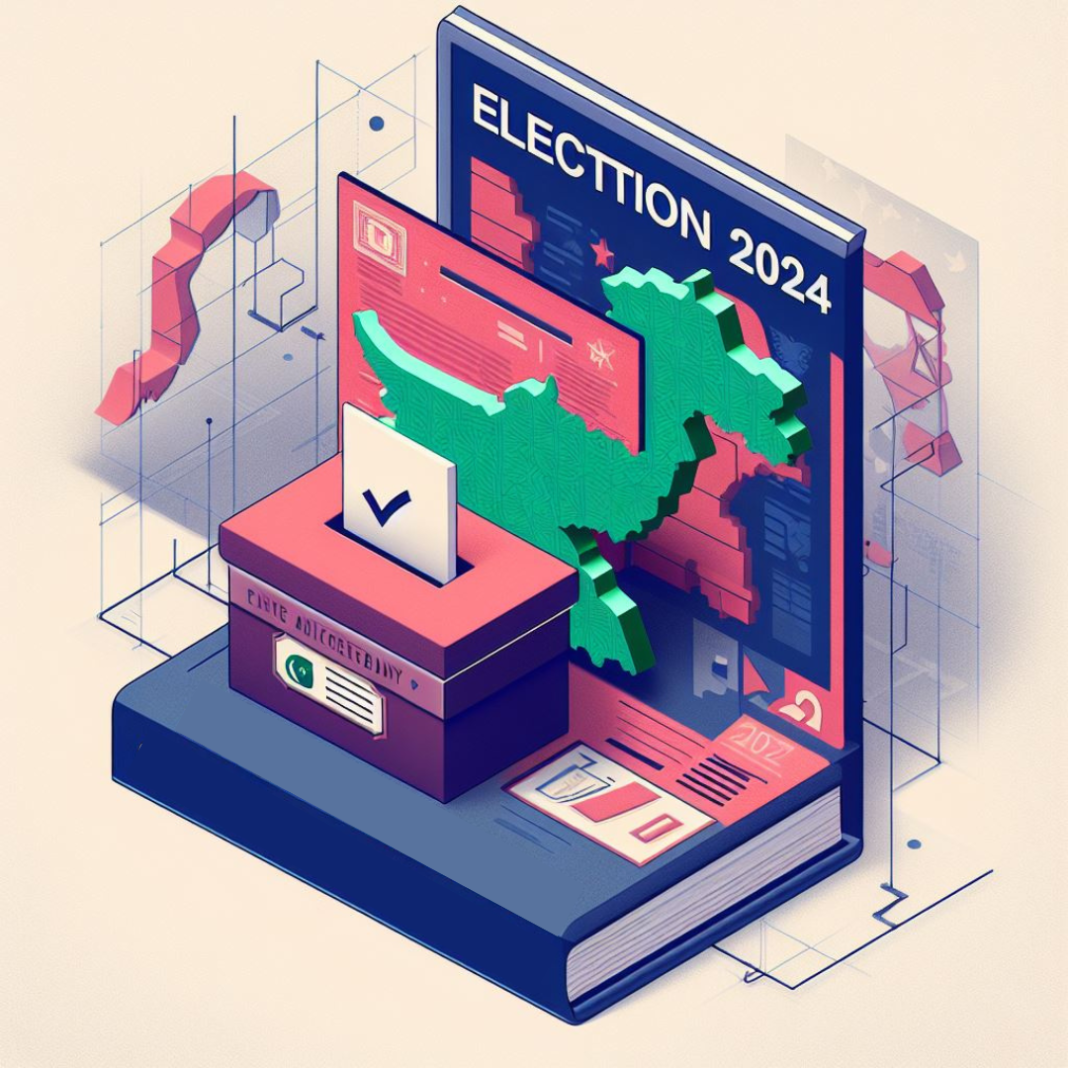As the political landscape of Pakistan undergoes another significant shift, the nation braces itself for the outcomes of the 2024 general elections. With a history marked by political upheavals, power struggles, and the pursuit of democracy, Pakistan’s electoral process holds immense importance both domestically and internationally. The 2024 election, following a period of heightened tensions and socio-political challenges, is poised to shape the future trajectory of the nation.
Background:
Pakistan, a country of diverse cultures, ethnicities, and ideologies, has experienced a tumultuous journey since its inception in 1947. The interplay of military rule, civilian governments, and external influences has left an indelible mark on its political landscape. Despite strides towards democracy, Pakistan has often grappled with issues of corruption, economic instability, and regional conflicts.
The 2024 Election Campaign:
The 2024 election campaign was characterized by intense rivalries, ideological debates, and promises of change. Political parties across the spectrum vied for voter attention, employing various strategies to garner support. The incumbent party, facing criticism over economic policies and governance, sought to highlight its achievements while promising further development initiatives. Opposition parties, on the other hand, capitalized on discontentment, pledging reforms and accountability measures.
Key Issues:
Several pressing issues dominated the electoral discourse, reflecting the concerns of the Pakistani populace. Economic revival, job creation, healthcare reforms, and education emerged as pivotal themes, underscoring the need for sustainable development. Additionally, issues such as security, human rights, and regional stability resonated strongly with voters, shaping their electoral preferences.
Challenges and Controversies:
The electoral process in Pakistan is not without its challenges and controversies. Allegations of electoral fraud, voter intimidation, and undue influence have marred past elections, raising concerns about transparency and fairness. In the lead-up to the 2024 polls, efforts were made to address these issues through enhanced monitoring mechanisms and voter education initiatives. However, apprehensions regarding the integrity of the process persisted, fueling tensions among political stakeholders.
International Observers and Diplomatic Engagement:
The conduct of Pakistan’s elections is closely monitored by international observers and diplomatic missions, reflecting the global interest in its democratic processes. Observers from various countries and organizations oversee polling stations, assess adherence to electoral laws, and report any irregularities. Additionally, diplomatic engagement during the election period plays a crucial role in fostering international cooperation and promoting democratic values.
The Aftermath:
As the ballots are cast and the votes counted, Pakistan awaits the outcome of the 2024 election with bated breath. The post-election scenario is fraught with uncertainty, as political parties maneuver to form coalitions, negotiate alliances, and secure mandates. The transition of power, whether peaceful or contentious, will undoubtedly shape the course of governance in the coming years, influencing domestic policies and international relations.
Conclusion:
The 2024 election in Pakistan represents a pivotal moment in the nation’s democratic journey, offering an opportunity for renewal, reform, and progress. Despite the challenges and controversies surrounding the electoral process, it serves as a testament to the resilience of democracy in the face of adversity. As Pakistan charts its path forward, it is incumbent upon its leaders and citizens to uphold the principles of democracy, accountability, and inclusivity, ensuring a brighter future for generations to come.




